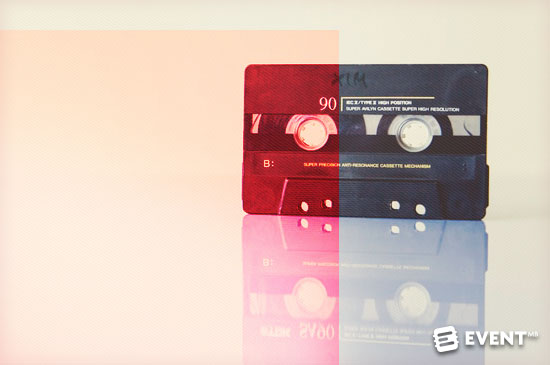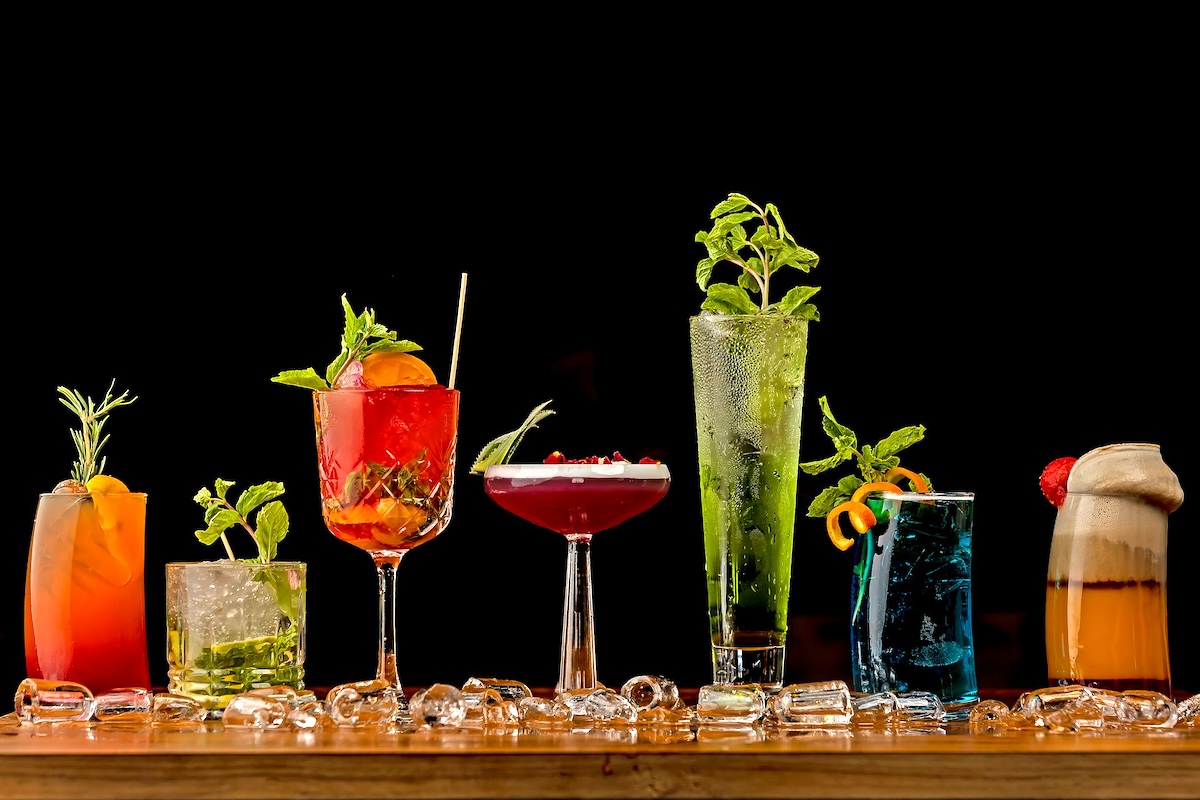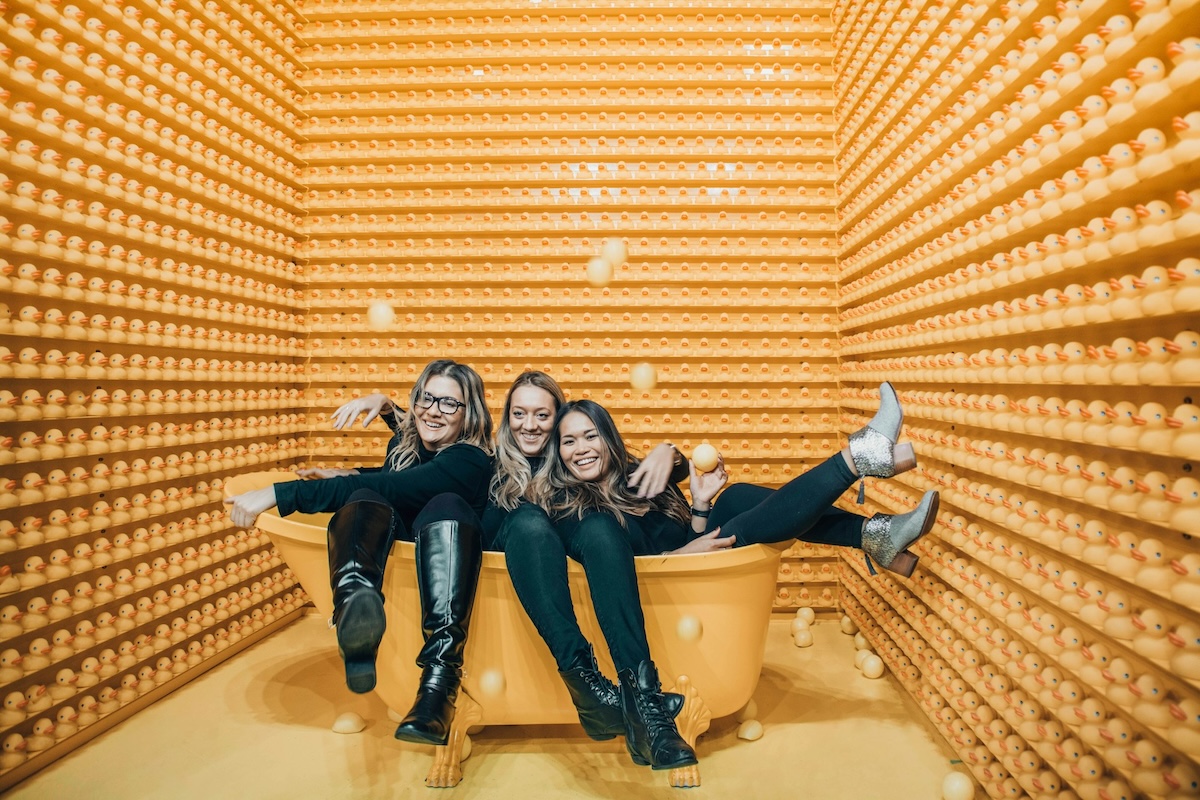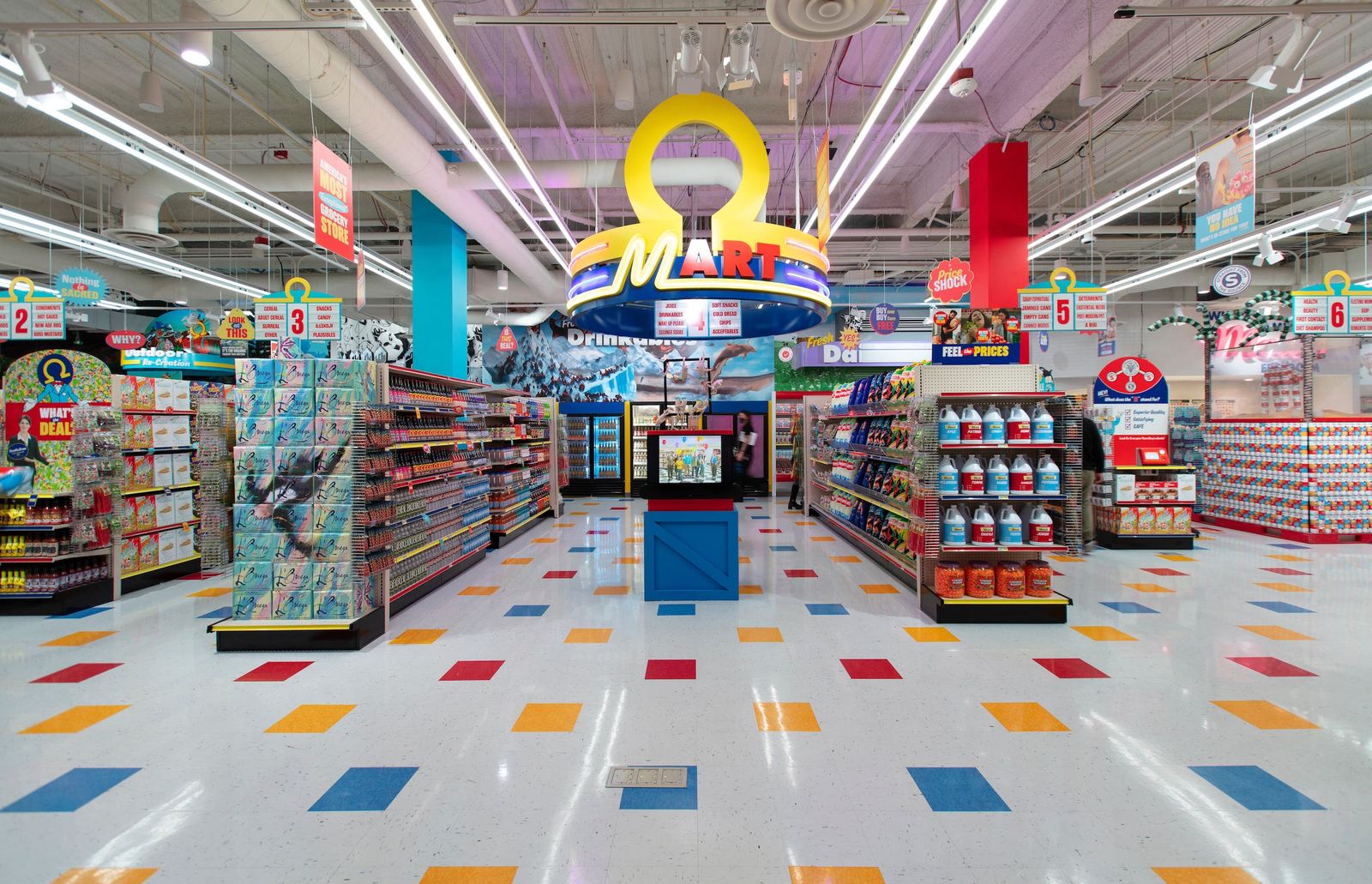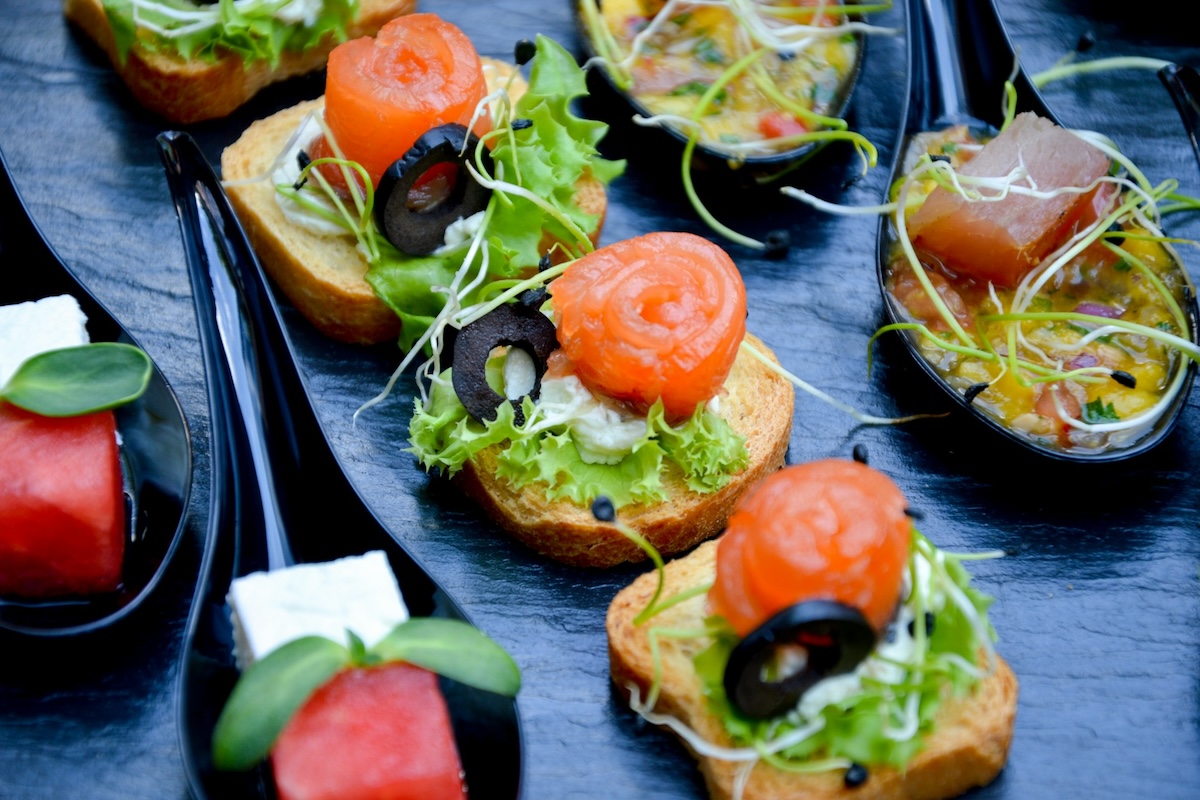A recent study has revealed the power of nostalgia on human behaviour and most interestingly on spending and donating patterns. How and why should we try to incorporate this state of mind into our events and event marketing?
Memories are a powerful thing. A song, a smell, a picture, is all it takes and you can be instantly transported back to a special time and place, with a wistful desire to turn back time and be a kid again! Does evoking the past in this way have a place within your events? How can you use these sentiments to your advantage as an event planner and give people what they want? And why would you even want to?
What is Nostalgia?
Nostalgia is defined by Holbrook and Schindler as
“a preference (general liking, positive attitude, or favorable affect) toward objects (people, places, or things) that were more common (popular, fashionable, or widely circulated) when one was younger (in early adulthood, in adolescence, in childhood, or even before birth).”
It seems that the things that were fashionable during your youth will have a lifelong influence over our personal preferences. Note however that you don’t actually always have to have experienced something first hand, you may feel nostalgic toward a period of time before you were even born. This is mind-boggling and explains the rising popularity of events celebrating all things vintage and retro over recent years, which can be popular with people even when celebrating periods of time often decades before they were born.
Nostalgia, Spending and Donating
A study from the Journal of Consumer Research discovered some interesting findings. Research found when people were asked to think about the past they were willing to pay more for products. They were also more willing to donate money to others after recalling a nostalgic event.
If you can elicit a sense of nostalgia in someone they are more inclined to spend more money, perhaps by buying an expensive event ticket in the first instance, and also to donate more money. It seems that transporting someone back to a bygone time can demand a premium price tag, which people are willing to pay for a special and unique experience. Perhaps most importantly for charities and any event planners organising fundraising events though, those experiencing nostalgia are also more willing to give more generously to a cause.
Why is Nostalgia so Powerful?
Nostalgia can help us recall happy memories, perhaps of a golden era. When looking back we have a tendency to remember fondly the ‘good bits’ such as the shared occasions and celebrations with friends and family and how we felt at the time. At the same time we often forget any ‘bad bits’ to view the memory through rose-tinted spectacles. These periods of time are often what defined us as the individual we are today.
The Engaging Events Report highlighted different factors for successful event engagement and nostalgia can be a strong vehicle for this. For instance, nostalgia can create a psychological state, offer a shared and immersive experience, evoke strong passion and enthusiasm from the individual, enable co-creation of an event and powerful interaction with other like minded attendees. Nostalgia is reported to be good for the mind and soul by giving meaning, reducing feelings of depression and decreasing alienation and loneliness.
Social connectedness is a direct outcome of nostalgic feelings and it is this social connectedness that decreases our desire for money and increases empathy and charitable intent. Even during times of economic recession nostalgia encourages people to spend or donate more money. Perhaps guests view nostalgic experiences as priceless and this makes them feel more reckless and inclined to behave differently, such as by spending or giving more readily.
The Rise of Nostalgia
There are numerous examples of the rise in popularity of nostalgic events. From Comic-Con to classic car rallies, from retro festival line ups and sell out comeback tours, to vintage events, the craft revival and street parties, the demand for something different is there. Vintage style including fashions, shabby chic and retro theming such as bunting and authentic china cups is huge in terms of event trends. Traditional recipes and menus are making a comeback and the demand for vinyl records, classic computer games and things like modern polaroid cameras give further evidence of the power of the past. Even Pokemon were invented more than 20 years old so the Pokemon Go! craze could officially be classed as a vintage revival!
14 Easy Ways to Incorporate Nostalgia into Your Events
Overarching Event Concept
Next time you are brainstorming for new event ideas or for a client pitch try to think about iconic periods of time or a craze or trend from your youth. Instead of looking forward perhaps it could pay off to relive the past? Attendees are often seeking an experience and this may be the opportunity to produce something different. If something appeals to you the chances are it could appeal to others too! A specific time period or trend could provide a complete event concept in itself.
Theme or Element
If it seems too much to create a whole event concept around a specific time period consider just incorporating the best elements into your theme or a small part of your event. Perhaps you could have a retro themed exhibition stand or a vintage chill out room? Maybe the launch party could take inspiration from 80’s music, fashion and food and drink classics?
Giveaways and Swag
Think about cool retro promotional items and giveaways which will be treasured by your guests. Whether it is a rubix cube, a pet tamagotchi, or simply retro sweets they can be much sought after and give that nice fuzzy sentimental feeling.
Ice Breakers
Focusing on a common time period can give lots of inspiration for ice breakers. You could ask attendees to discuss their favourite childhood toy, 80’s film or 90’s artist in a sure way to get them reminiscing.
Team Building
A music quiz or TV theme tunes will unite teams and bring out their competitive spirit or organize a treasure hunt with clues and prizes fitting to the time period in question.
Learn a Skill
There is a revival in traditional skills that are dying out, such as learn to craft (rug making, knitting, crocheting, etc), DJing with original vinyl records, photography using original cameras and photographic film, baking and even wilderness survival skills.
Social Good
A group could come together with a goal for common good – for example a conservation project, a community renovation project, learning to build and replace a dry stone wall or a sponsored activity to raise money for a charity. Nostalgia brings out social connectedness and a desire to help and be a part of something. Use this commitment to make the world a better place.
Play
There are lots of benefits of introducing playful elements within your events and retro games such as Twister, Connect 4, Kerplunk and Jenga can attract much attention. Alternatively what about traditional country fayre type activities such as hook a duck, splat the rat, and the coconut shy. If the budget allows hire a traditional fun fair with swing boats and a traditional merry-go-round.
Gaming
Retro games consoles playing Super Mario Brothers, Tetris, or Sonic the Hedgehog will have people clamouring for a turn. You can even hire in old-school arcade games too such as Space Invaders and Pac-Man. Although these are more individual activities or available for use by small groups they are always likely to be a hit.
Decoration
Bunting, jam jars of flowers and the rustic or shabby chic look is one of the big trends in event and wedding decor at the moment. Just look at Pinterest to be inspired by beautiful but affordable ideas.
Sport, Health and Wellbeing
Incorporate old fashioned sports day activities such as the egg and spoon race, the three-legged race and the sack race or teach willing participants how to jive or waltz as fringe activities within your programme.
Music
Every year performers pop up doing a comeback tour or final farewell. This ‘last chance opportunity’ to see your idol often results in a sell out at the box office. Your event budget may not stretch that far but on a smaller scale, if your event has music or a soundtrack, spend time preparing a playlist with the hits from the time when the majority of your audience was aged 16 – 26. This time period was probably the most closely ingrained with the sounds of their youth and will help to lift everyone and encourage them to fill the dance floor.
Marketing and Social Media
Whether you are planning online or offline marketing messages, iconic posts, images and video have a greater chance of visibility, engagement and even possibly going viral. This is probably why some big brands have used nostalgia for recent marketing campaigns.
Community and Social Connectedness
Having a shared experience and meeting like-minded people is a great opportunity to bring people together and keep their interest and attention all year round in preparation for next years event. Work hard to build and keep your community alive, rather than starting from scratch each year.
In Conclusion
For any event planner looking to provide a unique experience and increase engagement, sell more tickets and increase fundraising, the power of nostalgia cannot be denied. If you take time to research and co-create what strikes a chord for your participants everyone will be happy.
References:
Jannine D. Lasaleta, Constantine Sedikides, and Kathleen D. Vohs. “Nostalgia Weakens the Desire for Money.” Journal of Consumer Research: October 2014.
Xinyue Zhou, Tim Wildschut, Constantine Sedikides, Kan Shi, and Cong Feng “Nostalgia: The Gift That Keeps on Giving.” Journal of Consumer Research: June 2012.
